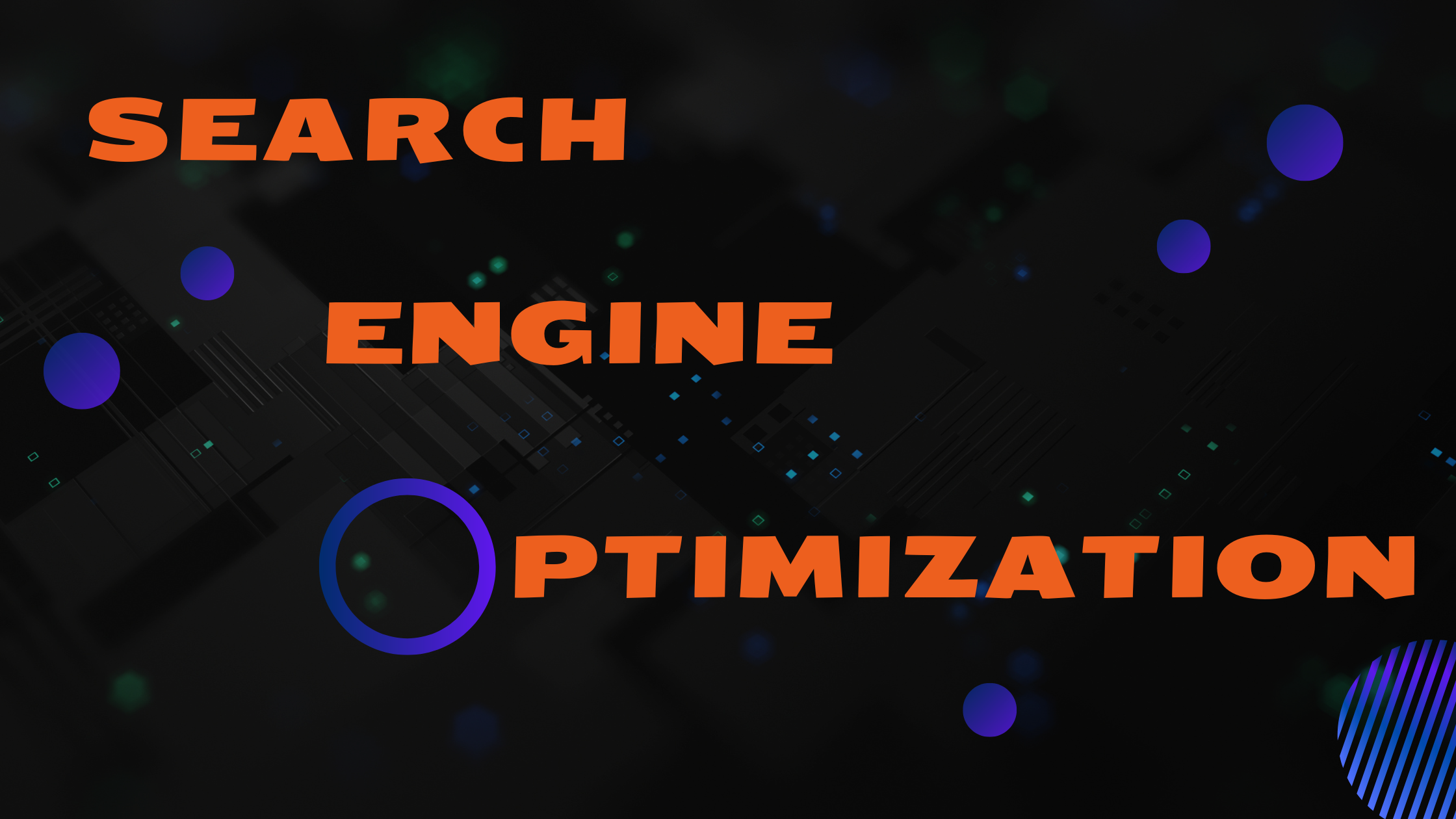LET’S TALK ABOUT SEARCH ENGINE
OPTIMIZATION (SEO)
Search Engine
Optimization/ SEO is a term very common in the digital marketing field. Whether
you have a website or planning to get one, you have probably come across this
term. Search engine optimization is a broad topic that covers very many
concepts. In this article we will do a summary, and answer these questions;
What is Search Engine Optimization
How Search Engine works
What is Search Engine Optimization/ SEO?
When you have a website built, you aim at getting the most relevant traffic whether you are selling products, doing blogs, or just for visibility. To get the most relevant visibility, you have to optimize your website so that it is easily found by anyone looking for anything similar to what you offer.
In simple terms, SEO is the process of improving your page rank and getting organic traffic. To rank organically, you cannot pay, it all depends on your efforts to optimize your website. Ranking through SEO is a process and do not expect to rank within the first week of optimizing your website. The only way to appear on the top of searches at such a quick rate is through paying for ads, but when it comes to SEO, it may take anything between 3months to years to see the results. And yes, you have to be patient with the PROCESS.
How Search Engine works.
There are three main stages in which search engine optimization works. These are;
§ Crawling
§ Indexing
§ Ranking
1. Crawling
This is the process by which your website and its pages are discovered. Crawling is done using bots sometimes called spiders which move freely around the internet through following links from page to page and site to site. These crawlers are what first discover your page once your website goes live.
There are different types of crawlers and they are dependent on the search engine used.
How does the crawler find your website?
As stated above, crawlers follow links on the internet to discover pages. When following the links, they discover new pages and update already indexed pages.
What if your site is new and no one has linked to it? Once your website is up and running, you can make a request for your site to be crawled, whether you make the request or not, as long as your site is live, the crawlers will just get to it.
There are also several factors that affect crawling on your website e.g. you may not want some pages crawled to avoid indexing, then you can give that command on robot.txt file, more on that later, not to crawl those pages. As stated before, SEO is wide and today we will to the basics and expound further in the coming weeks.
2. Indexing
Once your website is crawled, that information has to be stored in a database, where it can be retrieved later. This process is called indexing. The websites are stored in the Index where google tries to understand more about them.
By using an XML sitemap, you can outline the important pages that you want to be indexed. A sitemap is more like a treasure map for your website. You can request for your pages to be indexed and just like crawling, you can also request for certain pages not to be indexed by using the noindex rule. We will cover these in detail later. External links are important when it comes to being discovered, indexed, and ranked.
Without being indexed, your website will not be available during the search. USE Google Search Console to upload your XML sitemap to Google for indexing and reindexing of pages. Use the search console to help you keep an eye on how your site is indexed and any issues when it comes to the process.
3. Ranking
After crawling and indexing, ranking is the last step. Ranking is where we want to focus our efforts. SEO is primarily optimizing your website to RANK high. Ranking is complicated and is dependent on several factors.
· User experience
· Page speed
· Quality content
· Optimized content
· Mobile-friendliness
· Backlinks
· Security
· Site architecture
Each of these will be covered later. When it comes to ranking, you have to ensure you check all these boxes and more for your site to be competitive and have a chance to rank high. One thing to keep in mind is that Google will always value user experience and the kind of content that it provides to its audience. Quality content and a well-built website is the place to start before digging in for more.
Today we have done a small introduction to what SEO is and how the search engine works, next week we will dig deeper into each of these topics as we help you understand how the search engine works. Again, do not expect miraculous results within a short period, SEO is a process and takes time, but when done right, it produces valuable results and it is economically feasible. Do not ignore your SEO.

